The whistleblower at the center of the Trump impeachment storm is a CIA officer, according to The New York Times. For this reason, the CIA is getting plenty of press lately. If you’ve ever dreamed of becoming a CIA agent or a CIA analyst, like fictional hero Jack Ryan, you may be curious about what the Central Intelligence Agency looks for in new recruits. This list will give you the inside scoop.
10. Mid-Career Hires Are More Common These Days

While the agency still has a way to go in terms of bringing females and minorities into the fold, and promoting those types of employees to senior levels, the Central Intelligence Agency is evolving. Its current director, as of this writing, is female. Her name is Gina Haspel. Times are changing and the CIA’s recruiting tactics are shifting to reflect the changes..
The CIA is currently choosing to hire more people who’ve reached mid-points in their careers, such as cybersecurity pros, former military personnel, and language teachers. After the global financial crash of 2007-2008, the CIA took an interest in former Wall Street employees.
20 percent of new hires fit the mid-career category. If you’ve made a big impact in your field and you’re at the halfway point in your niche, you may want to apply at the official CIA website. The website has tools that help prospective hires to find the work roles that are the best matches for their education, work experience, and talents.
Jobs at the CIA are sought after, and, as you might imagine, the hiring process is intense. It may take up to a year to pass all of the background checks and move through other steps in the hiring process. It usually takes at least two months. People who want to work at the CIA need to be patient with the hiring process.
The trend towards mid-career hires shows that this agency, which receives over 160,000 applications per year, has room for more than fresh and brilliant college grads, although fresh and brilliant college grads are certainly in demand.
9. College Degrees Are Recommended
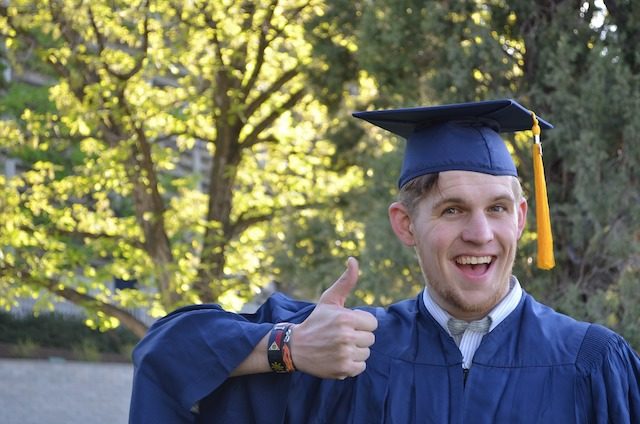
If you don’t have a Bachelor’s degree, it may be tough to impress recruiters at the Central Intelligence Agency. An undergraduate degree from a college is not mandatory for certain roles, but it is strongly recommended, and the agency often prefers candidates who have a lot more post-secondary education, such as Master’s degrees and/or doctorate degrees.
Educational standards will vary based on employment roles. The CIA has a range of teams, which are the Directorate of Analysis, the Directorate of Operations, the Directorate of Science & Technology, the Directorate of Support, and the Directorate of Digital Innovation. Mission Centers and Offices of the Director also hire recruits. Within these teams, centers, and offices, there are tons of available roles.
The CIA doesn’t recommend a particular educational track to students who are interested in working for the agency. Instead, the Central Intelligence Agency recommends that students get good grades in whichever educational tracks they choose, and definitely consider getting college degrees.
If you want to be an overseas officer, an intelligence analyst, or fill a non-clerical role, you will need a college degree, and your odds of getting hired will go up if you have an advanced degree. (To live out the whole Jack Ryan fantasy, you will probably need an advanced degree.)
The agency is always recruiting. It’s actively looking for the right candidates, but CIA recruiters are choosy. They want the cream of the crop, academically speaking. This is why CIA employees are often found recruiting at America’s most elite colleges. The FBI does the same thing.
So, attending an elite college may help to get you noticed by the Central Intelligence Agency, which is just one more example of why students are so invested in getting into these “premier” colleges in the first place.
However, any college education will up the chances of getting hired. The current director, Gina Haspel (who worked undercover for the CIA for 30 years and is the CIA’s first female leader), went to the University of Kentucky and then transferred to the University of Louisville. Those schools aren’t part of the group of Ivy League colleges.
8. Facility With Foreign Languages Is Prized
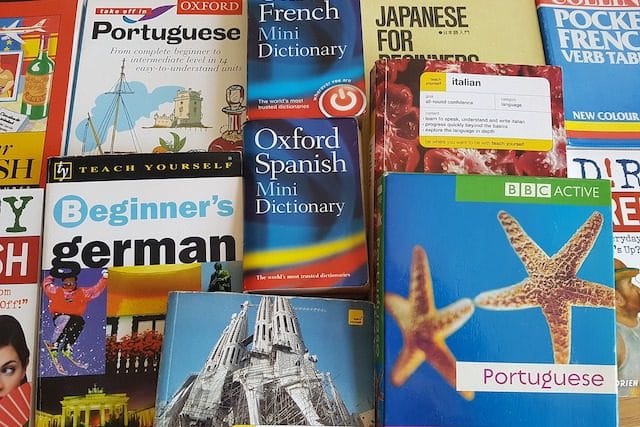
If you speak a foreign language, or speak multiple foreign languages, that’s a huge plus. One of the common themes that surfaces while researching CIA recruitment tactics is the agency’s desire to find people who speak foreign languages fluently.
The Central Intelligence Agency prizes foreign language skills and runs an incentive program, called the Foreign Language Incentive Program, which grants cash bonuses to new and existing employees who meet language fluency requirements.
With the incentive program, there is a list of applicable languages. A lot of languages are on the list, including Arabic, Nepali, Chinese, German, and Russian.
Some candidates are lucky enough to grow up speaking foreign languages at home, as well as English and/or Spanish. Other candidates have to learn languages the hard way. However candidates learn, proficiency with languages is something that the CIA respects.
People who are creating educational pathways, with an eye to getting hired at the Central Intelligence Agency down the line, should keep this in mind. Some roles at the CIA are heavily reliant on foreign language skills.
To protect America, the CIA needs staff members who can speak and understand foreign languages. It’s also helpful when these staff members understand cultural differences.
7. Avid Travelers Have An Edge
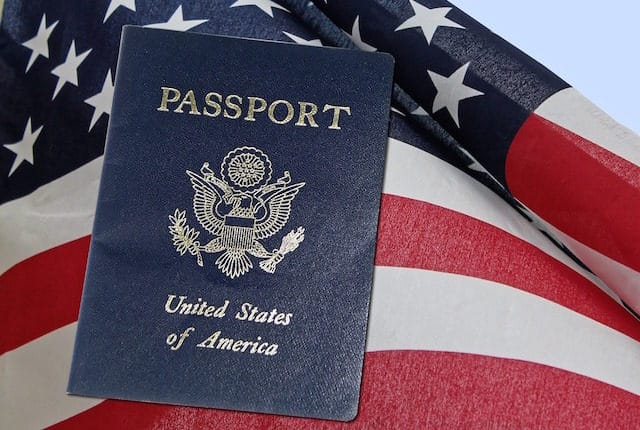
The CIA is a worldly and sophisticated agency which appreciates candidates who are well-traveled. In fact, the agency likes hiring avid travelers, particularly if they’ve lived in foreign nations for periods of time.
Candidates who immerse themselves in foreign cultures naturally pick up the nuances of cultural differences. Understanding these differences comes in handy during missions and other CIA operations. So, a touch (or more than a touch) of wanderlust will help you to impress the Central Intelligence Agency’s recruiters.
J.C. Carleson is an author who worked for the CIA and she has always had wanderlust. Her desire to explore other cultures led her to experience many undercover adventures during her CIA career, including a hunt for weapons of mass destruction in Afghanistan.
Carleson ended up writing a book about using CIA-style skills in the corporate world. It’s called Work Like a Spy. Examples of these skills include persuasion, the capacity to make decisions in a split second, and personality analysis.
CIA recruiters need some kind of hook to pay attention to specific employment applications. People who apply, rather than being recruited, may be able to snag interest when they highlight their interest in, and experience with, foreign travel.
Future candidates should consider seeing the world and absorbing information about cultural differences. Recruiters routinely seek out Americans who are immersed in foreign cultures, such as Americans with Arab heritage. Knowledge of foreign cultures definitely makes a person more recruitable.
6. Candidates Should Be Drug-Free

Recruiters want candidates who have been drug-free for at least a year. In the past, candidates had to be drug-free for longer, but the rules have been relaxed a bit.
With over 160,000 applications to choose from annually, plus candidates who’ve been specifically recruited, the agency doesn’t need to hire drug users, whether they misuse prescription drugs or use illegal drugs, or both. The Agency is in a position to be much more selective.
To qualify for employment with the Agency, candidates who are considered for employment need to undergo medical and security evaluations. A lot of candidates are cut because of drug abuse. Their former or current drug abuse makes it impossible for them to receive security clearances. Without security clearances, it’s not possible to work for the CIA.
If you apply, prepare for some intrusive evaluations and paperwork.
5. Candidates Should Be Passionate About the Agency
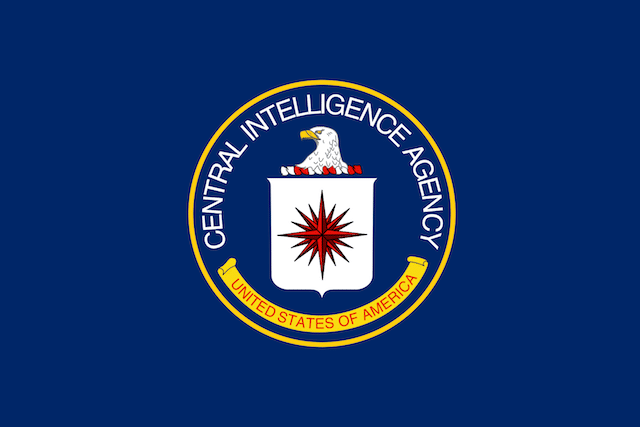
Candidates who let the Agency know that they’re interested in becoming agents, or analysts, or filling other Central Intelligence Agency roles, tend to garner interest from CIA hiring teams.
The CIA application process is involved and applicants who are willing to jump through every hoop and cut through red tape are impressive. While a desire to be hired isn’t enough in and of itself, it does send a message that a candidate is passionate about the CIA. It shows hiring teams that the candidate has a plan for the future that is aligned with the Agency’s goals.
The CIA gathers, processes, and analyzes national security data from all over the globe, for the purpose of keeping America safe and powerful.
The Agency relies mostly on human intelligence in order to achieve its aims. Candidates who want to work for the CIA show recruiters that they are interested in helping the Agency meets its primary goals, which are counterterrorism, nonproliferation of weapons (including nuclear warheads and other weapons of mass destruction), letting American leaders know about important events in foreign regions, counterintelligence, and cyberintelligence.
Candidates should research the CIA extensively. Understanding the history and aims of the Agency will be important. The CIA formally came into being back in 1947. It grew from the OSS, which was the World War II Office of Strategic Services. Before applying or trying to attract the attention of recruiters in some other way, candidates should be sure that they have authentic passion for the Central Intelligence Agency.
4. Candidates Shouldn’t Overshare on Social Media

In the age of Instagram, Facebook, and Twitter, CIA recruiters face new challenges. They need to find candidates who don’t overshare on social media. This is easier said than done.
An Agency recruiter has indicated that top candidates who have attended interviews with the CIA, or already accepted job offers, have lost their opportunities and new jobs because of their social media oversharing.In other words, the candidates posted about their CIA interviews or job offers. Big mistake.
The CIA uses social media to gather information about interesting people and organizations, but it also dislikes social media, because social media complicates the recruitment process and makes it harder for them to protect operatives. So, social media is a double-edged sword.
Other intelligence agencies may come across social media information that compromises the covers of agents, which means that these agents may not be able to travel to foreign countries.
Obviously, candidates who don’t overshare on social media are more appealing to the Agency. These candidates aren’t open books. Deleting existing profiles may not be enough, as sudden deletion is a bit of a red flag.
Once people get hired at the CIA, they aren’t banned from utilizing social media, but they do have social media rules that they must follow. Plus, they can’t use social media while they’re at work. The CIA is dealing with social media issues and other digital issues via its new Directorate of Digital Innovation, but that’s all hush-hush…
3. High School Students May Make The Cut

Recruiters haunt college campuses and they’ve also been known to look for exceptional high school students. The CIA also runs a college internship program. It is possible to get hired at the CIA straight out of high school, for certain roles, so high school grads may not need to wait until they get college degrees.
The Agency is looking for bright young minds to mold. The CIA does believe that young people have the capacity to protect America.
One interesting CIA program for youth is the Cooperative Education Program. There’s also a Scholarship Program. These programs are based in Washington, D.C. and they cover a variety of fields of study, such as economics and engineering, as well as IT, foreign languages, and finance.
The programs get youth ready to embark on fulfilling careers in the Agency, by offering them access to real-world insights about the CIA.
2. The Agency Looks At The Whole Person

CIA recruiters aren’t looking for just one thing. They are looking for potential across a range of areas. They want candidates who are smart, loyal to the USA, skilled in relevant areas and psychologically stable. That just scratches the surface. So, there’s no magic words to utter or type will will get you into the club. You need to have the whole package. Only recruiters really know all of the components of the ideal package.
The process of recruitment happens in steps. Usually, the Agency looks at a candidate’s resume. If the resume measures up, there will be a phone interview. This interview is used to figure out if the candidate has the right general qualifications and a good chance of making it through security checks.
Next, the candidate needs to take an assortment of tests online. Applicants who take the tests need to solve problems and do some writing. After this, there is an in-person interview. If the candidate impresses the hiring team, medical tests and psych tests will be scheduled. Knowledge of current events may also be tested.
1. The CIA Values Candor
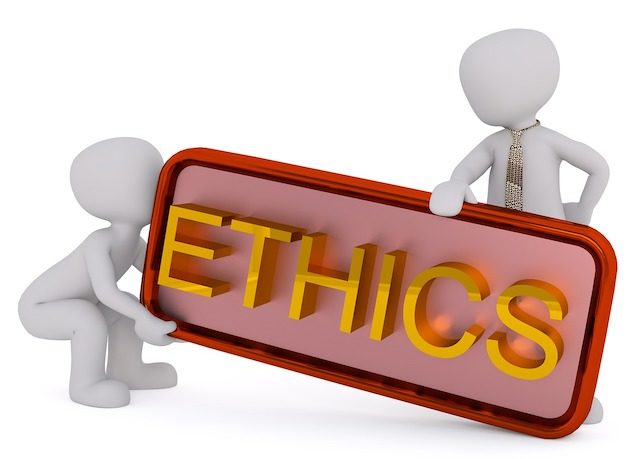
The Agency does plenty of clandestine stuff, but wants candidates who display a high level of candor, before and during the hiring process.
Recruiters who are looking for hot prospects want candidates who have lived their lives with a high degree of honesty and integrity. Recruiters know that the values that candidates display in their everyday lives will play a role in how they function in the Agency if they are hired.
Candidates who’ve performed well at jobs and excelled in academics and extracurricular activities, while also earning the respect of peers and authority figures, are more likely to get hired. Picture Jack Ryan, who is loyal to friends and a tireless seeker of truth, justice and the American way, and you’ll get the general idea.
With this in mind, candidates shouldn’t fudge the facts on their resumes or in interviews. The CIA will probably find out when a candidate doesn’t play it straight, and the CIA will not be impressed. It’s always better to tell the whole truth.